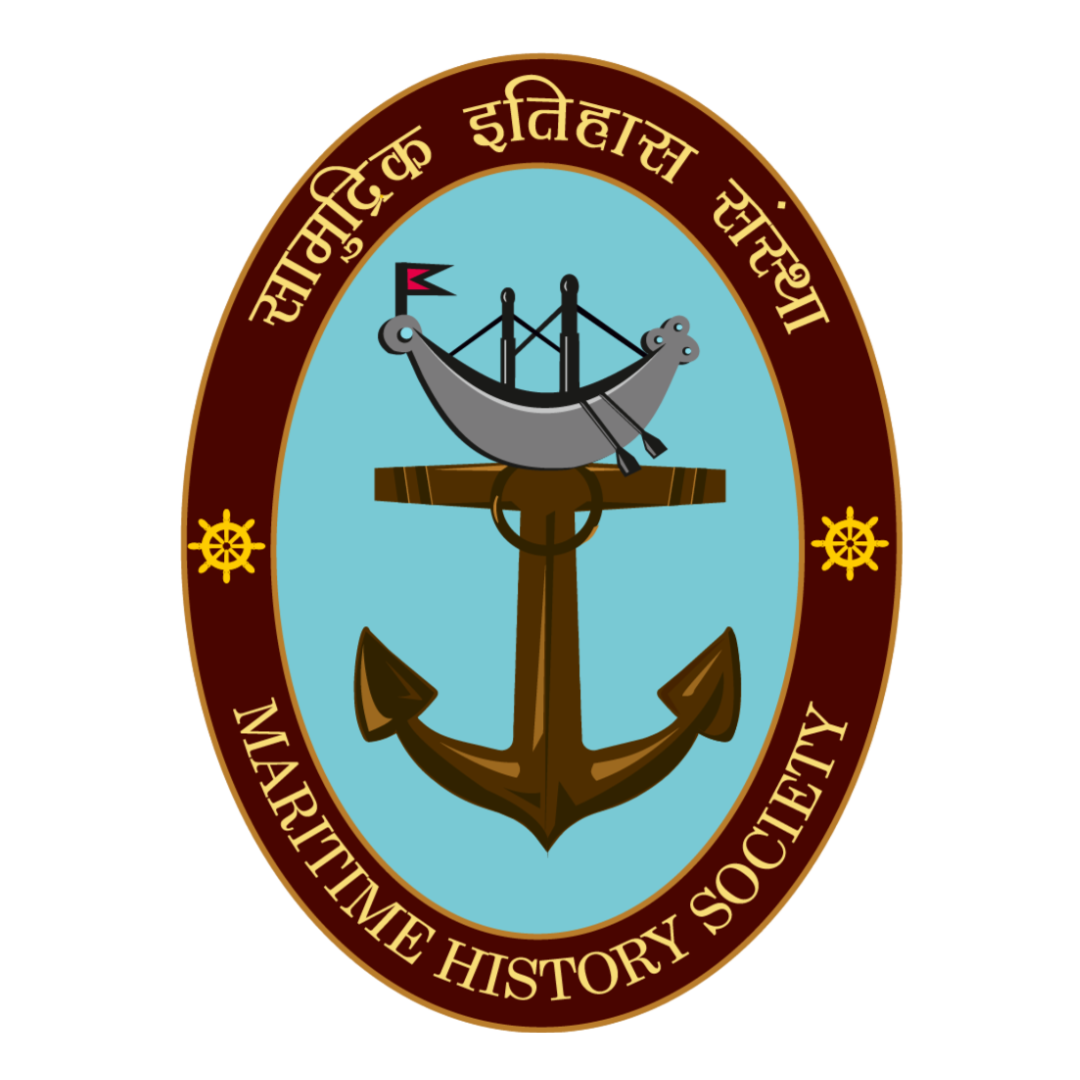Our personal journeys are dotted with questions. We want answers to so many questions about our personal life, our professional side, self-actualization, family, friendship, love and so on. Each of us anchors ways of anchoring those questions in a sense of personal capabilities, and resources and support that we are blessed with.
When the pursuit of a question becomes larger than us and our immediate surroundings, it begins to inch towards collective and shared wealth of knowledge. In order to make a larger contribution to community and society, this pursuit follows a certain method of enquiry that we may call research.
Within research, past-oriented research finds a fascinating convergence with the idea of self exploration – who we are, and how we became what we are today. It is not all as coherent as it sounds. A lot of these questions are about discovering the ruptures in places we thought were unified.
Within history, maritime history looks at exploring the water that our bodies are. From exploring the origins of our political, economic and social life in the sea to preserving the traces of these origins, mariners and maritime historians observe the flowing foundations under the conventional, terrestrial ways of doing history. We no longer emerge as the descendants of the monarchs, feudal lords, and corporations we thought we were. We are the successors of the seafarers who set sail in search of livelihoods, treasures, intellectual exchange, and sadly, power.
At Maritime History Society, scholars are privileged to be a part of research that goes deeper into such questions of destabilizing comfortable notions of self and group identity. It is an ideal place for the personal and the collective to meet.
While a lot of research findings are reported in different formats, the written dissertation continues to be the preferred mode of conveying research questions and answers at Maritime History Society. Just as the subject of research – the maritime dimension – changes the way the scholars look at the past and the present, the process of writing about it too changes the way they look at structuring the arguments and ideas. Arguments are no longer about being “solid” and it takes a while to unpack the idea of “territorial waters”. These are, of course, examples on a lighter note. However, the deeper one gets into the problem of how a certain episode of history has been terrestrially represented, the more fascinating it gets from the point of view of writing.
It is hoped that maritime studies enthusiasts and readers in general too would find the process of researching and writing enlightening at several levels. Any inputs and comments are welcome.



0 Comments